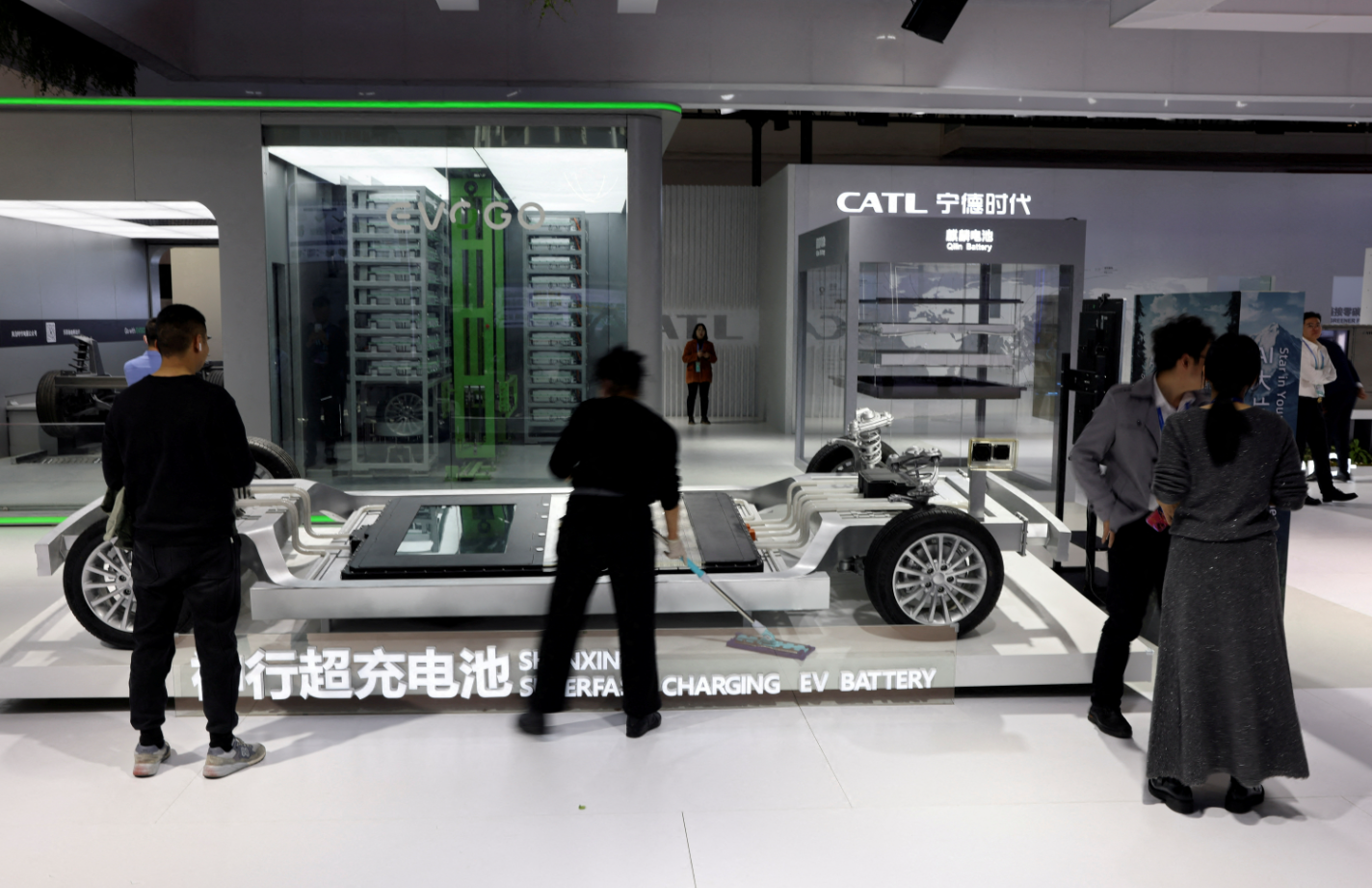
Emmanuel Guerin, Fellow and Special Adviser to CEO at European Climate Foundation
Bernice Lee, Distinguished Fellow and Special Adviser, Chatham House
Aug 01, 2025
Earlier this year, the Chinese firm CATL, the world’s largest battery-maker, unveiled an electric-vehicle (EV) battery capable of delivering a remarkable 520 kilometers (323 miles) of driving range after just five minutes of charging. The announcement came a month after BYD, China’s leading EV manufacturer, launched its own ultra-fast charging system. In solar, too, the numbers are staggering: Chinese firms can now produce over 1,200 gigawatts of solar panels annually.
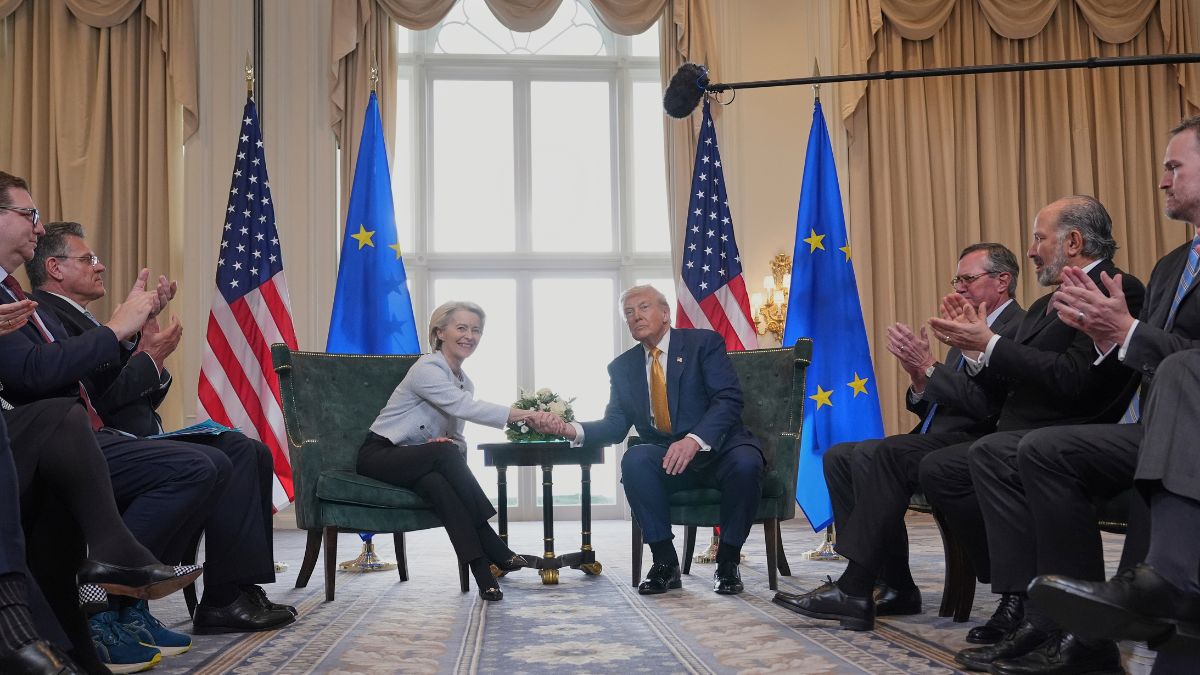
Zhang Monan, Deputy Director of Institute of American and European Studies, CCIEE
Jul 30, 2025
The EU and U.S. have agreed to a tactical cease-fire, not a strategic settlement. As long as Europe pursues strategic autonomy and Washington replaces rules-based multilateralism with transactional deals, fresh disputes are inevitable.
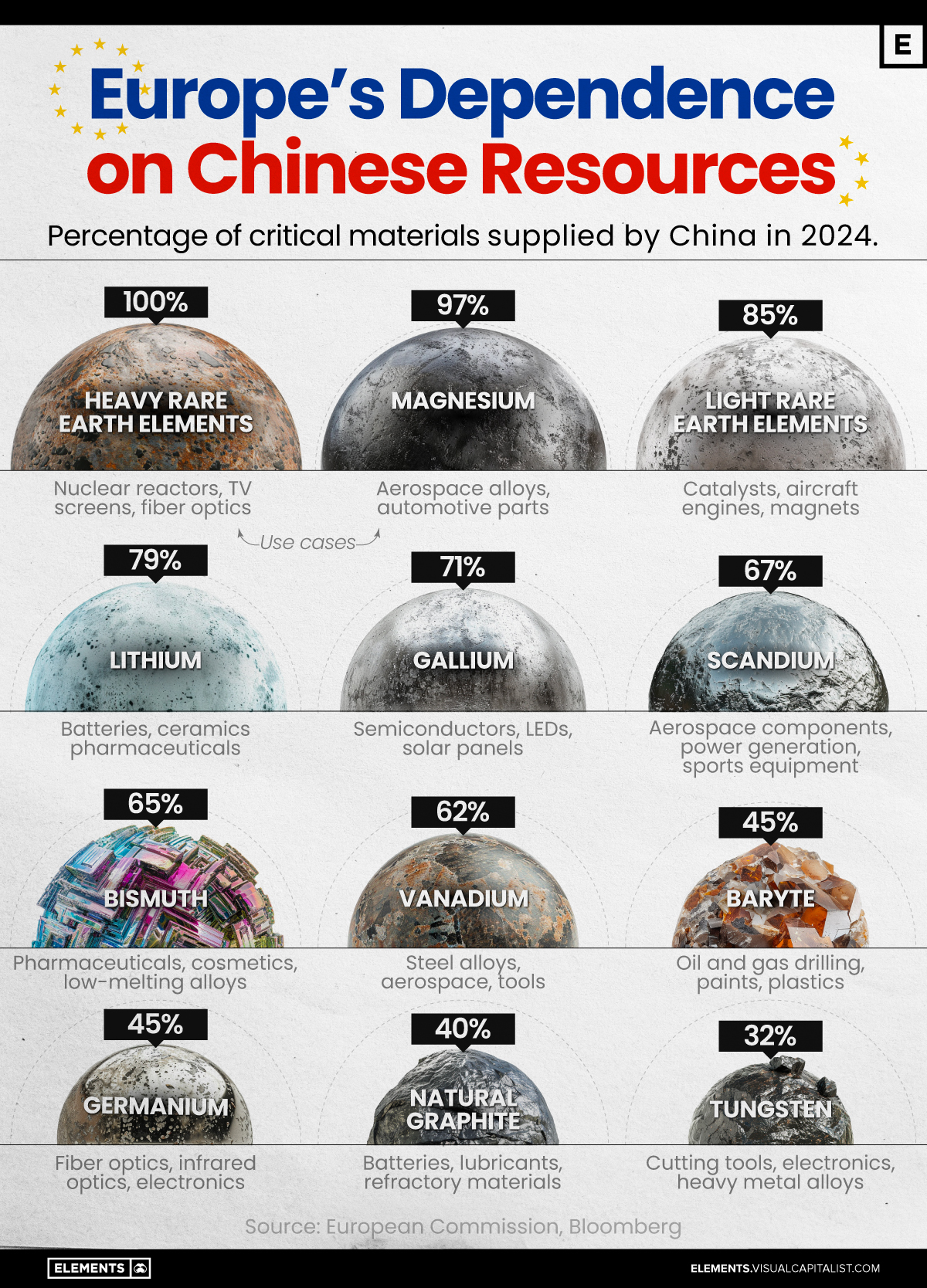
Sebastian Contin Trillo-Figueroa, Geopolitics Analyst in EU-Asia Relations and AsiaGlobal Fellow, The University of Hong Kong
Jul 04, 2025
European Union leaders’ proclamations of supply autonomy sound great under the spotlight, but don’t hold up under the microscope. The truth may be that China already has won the game with its vice-grip on rare metal exports.
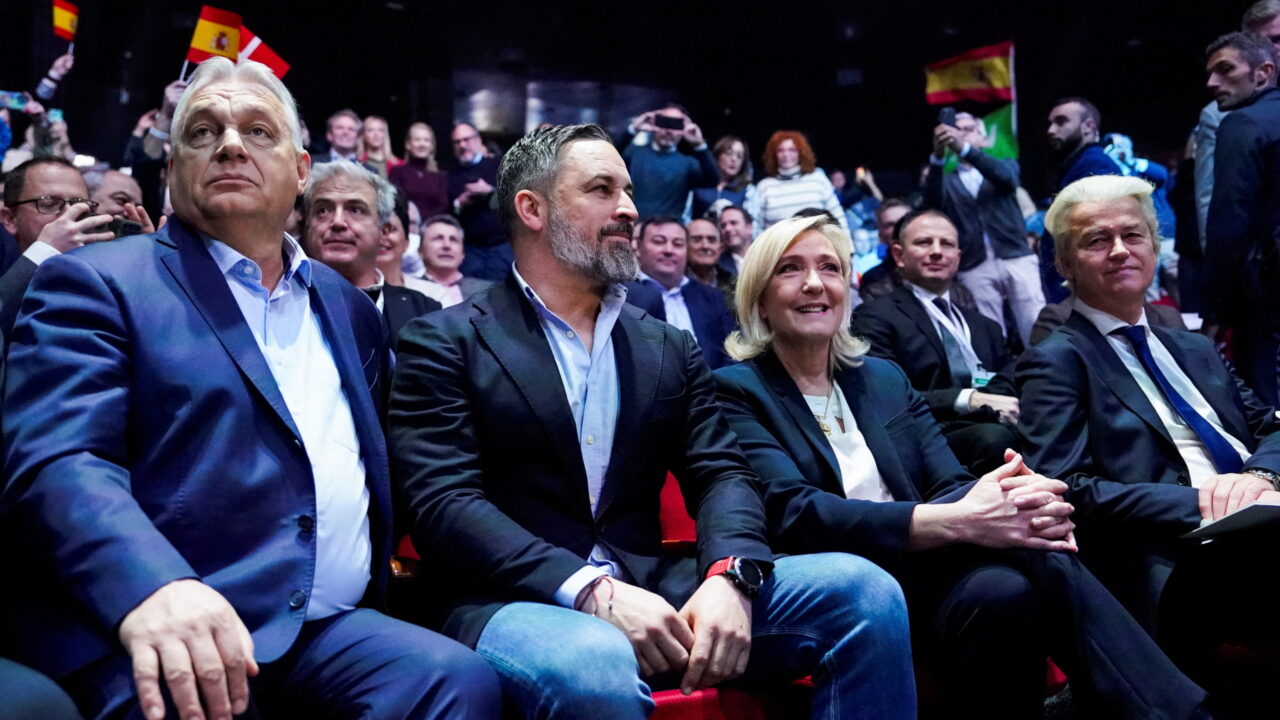
Dong Yifan, Associate Research Fellow, Belt and Road Academy of Beijing Language and Culture University
Jun 02, 2025
The European establishment has ramped up its efforts to counter far-right forces, a move that will profoundly shape transatlantic relations in the Trump 2.0 era.
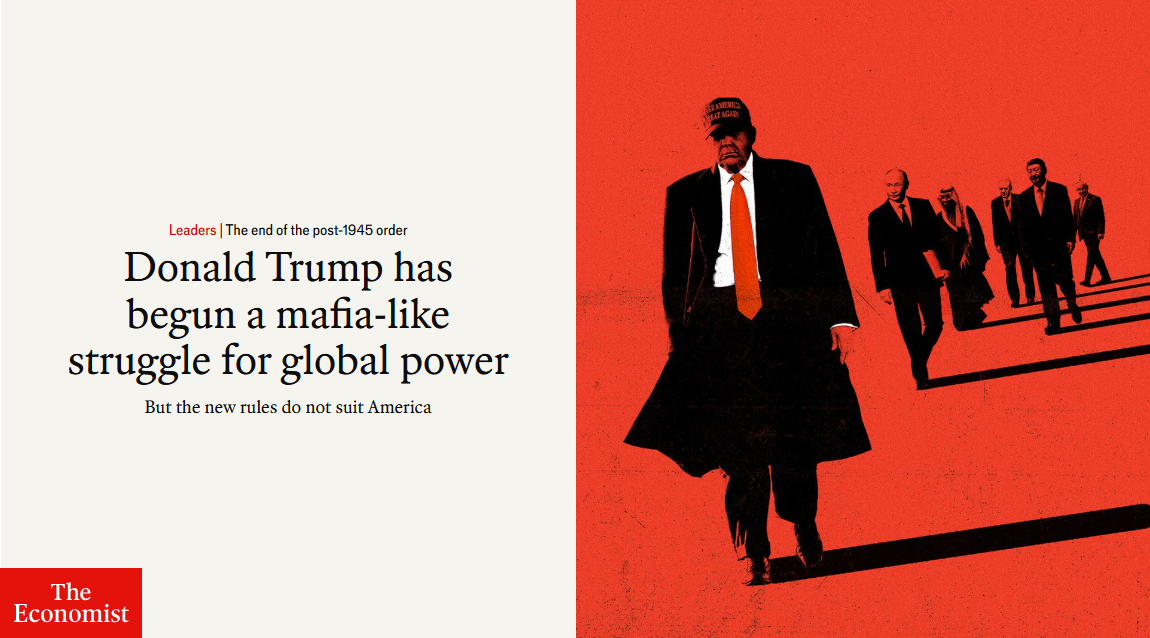
Jade Wong, Senior Fellow, Gordon & Leon Institute
May 08, 2025
Arbitrary policies introduced by the U.S. president have accelerated a shift of the international order and introduced new dynamics to relations between major powers. Most countries are reluctant to follow Trump’s lead because they have little to gain by doing so. Several are quietly thinking about ways to turn his disruptions into opportunity.
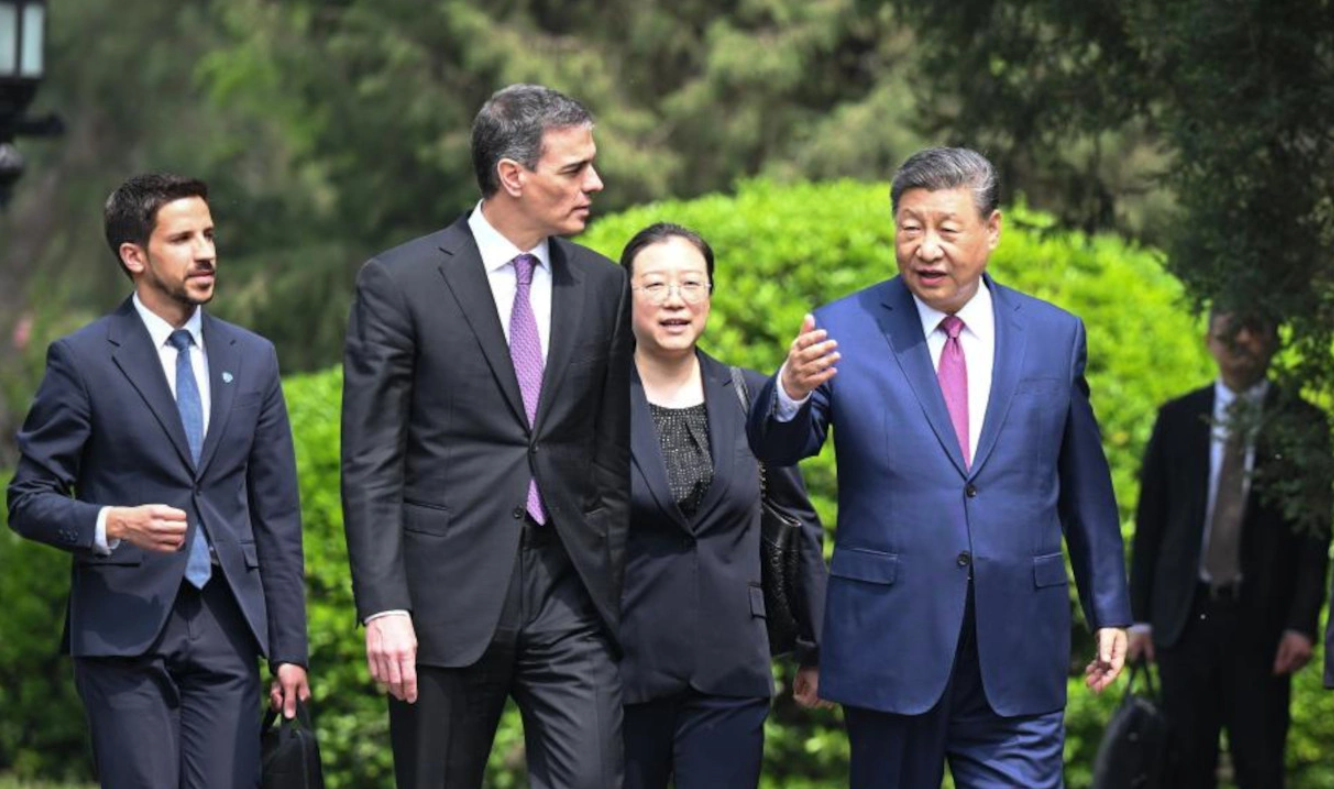
Sebastian Contin Trillo-Figueroa, Geopolitics Analyst in EU-Asia Relations and AsiaGlobal Fellow, The University of Hong Kong
Apr 30, 2025
Step by step, Europe has flubbed their chances to remain relevant since China’s rise, and now it may be too late for the EU to regain its clout in the global order. Is the dream of a multipolar world coming to a premature end?
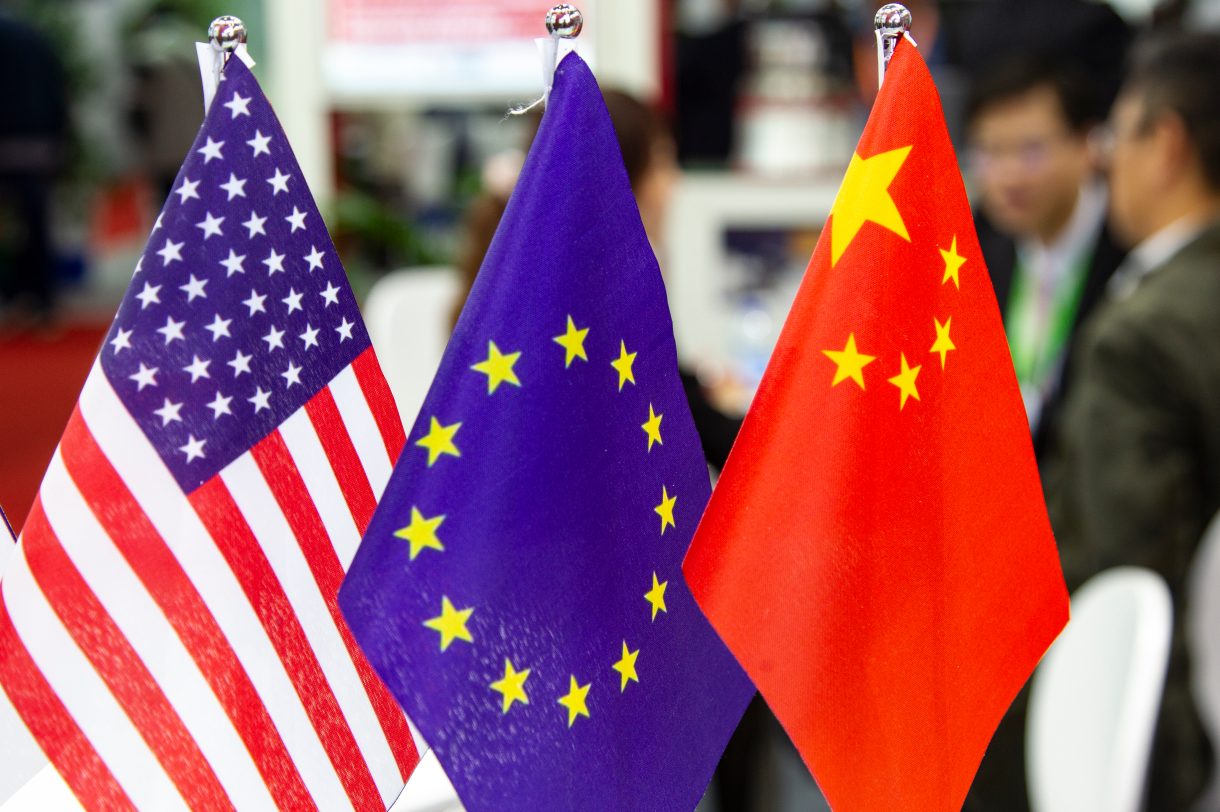
Dong Yifan, Associate Research Fellow, Belt and Road Academy of Beijing Language and Culture University
Apr 28, 2025
For China-EU relations to develop into a stable, mutually beneficial partnership, the EU must undertake a more profound reassessment of its perception of China’s rise and the evolving dynamics of economic competition.
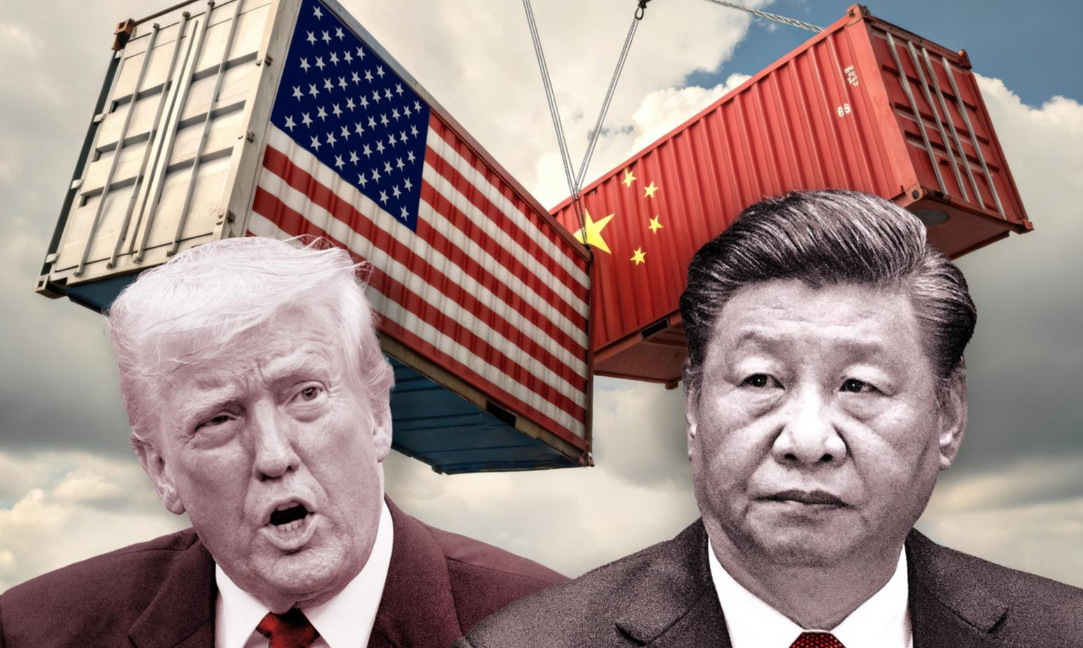
David Shambaugh, Gaston Sigur Professor and Director of China Policy Program at George Washington University, Distinguished Visiting Fellow at Hoover Institution of Stanford University
Apr 09, 2025
The second Trump administration’s China policies have thus far been very opaque and difficult to discern. However, in recent weeks a variety of indicators are beginning to make them clearer—and one dominant theme emerges: China will be viewed as America’s principal adversary.
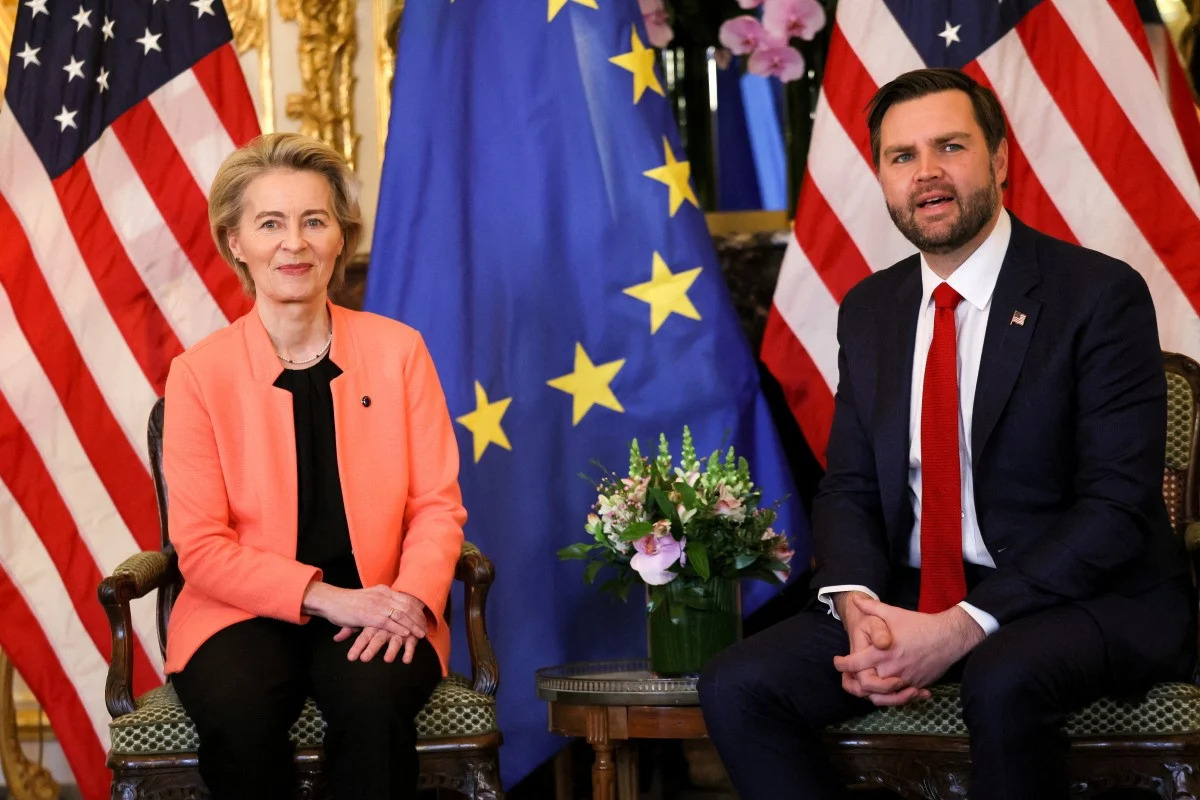
Li Yan, Director of President's Office, China Institutes of Contemporary International Relations
Mar 24, 2025
With the Global South rising, Europe’s renewed emphasis on strategic independence from the United States could partially offset its relative decline in hard power and accelerate global multi-polarity.
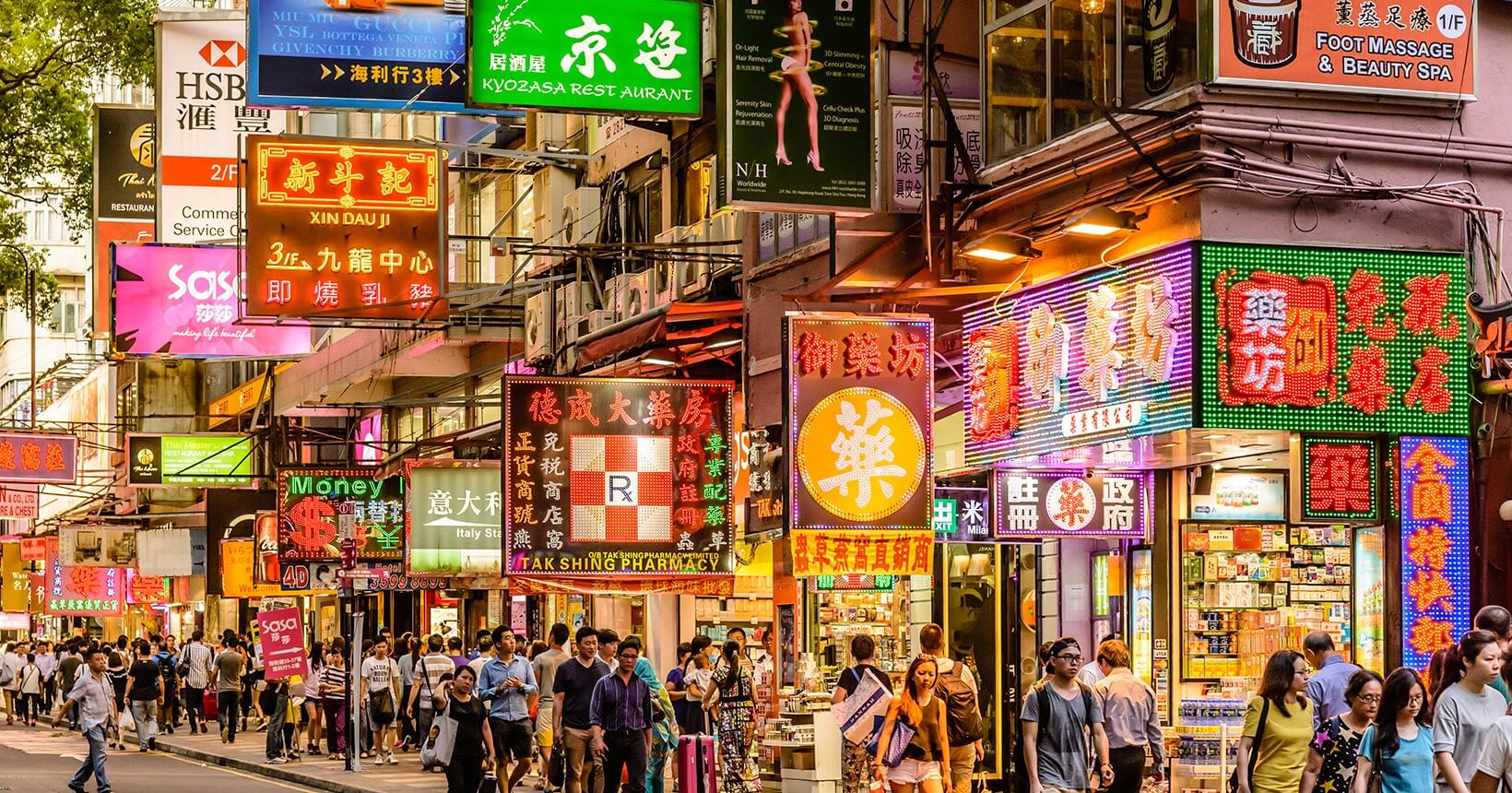
Sebastian Contin Trillo-Figueroa, Geopolitics Analyst in EU-Asia Relations and AsiaGlobal Fellow, The University of Hong Kong
Mar 07, 2025
The European Parliament making moves to condemn China over human rights abuses may play well in modern day, but exposes the fault lines in a changing global order - the West today should no longer freely lecture the rest of the world on moral issues.
Back to Top

- China-US Focus builds trust and understanding between the U.S. and China through open dialogue among thought leaders.
- Our Offerings
- Topics
- Videos
- Podcasts
- Columnists
- Research Reports
- Focus Digest
- Stay Connected
-
Thanks for signing up!
- Get the latest stories from China-US Focus weekly.